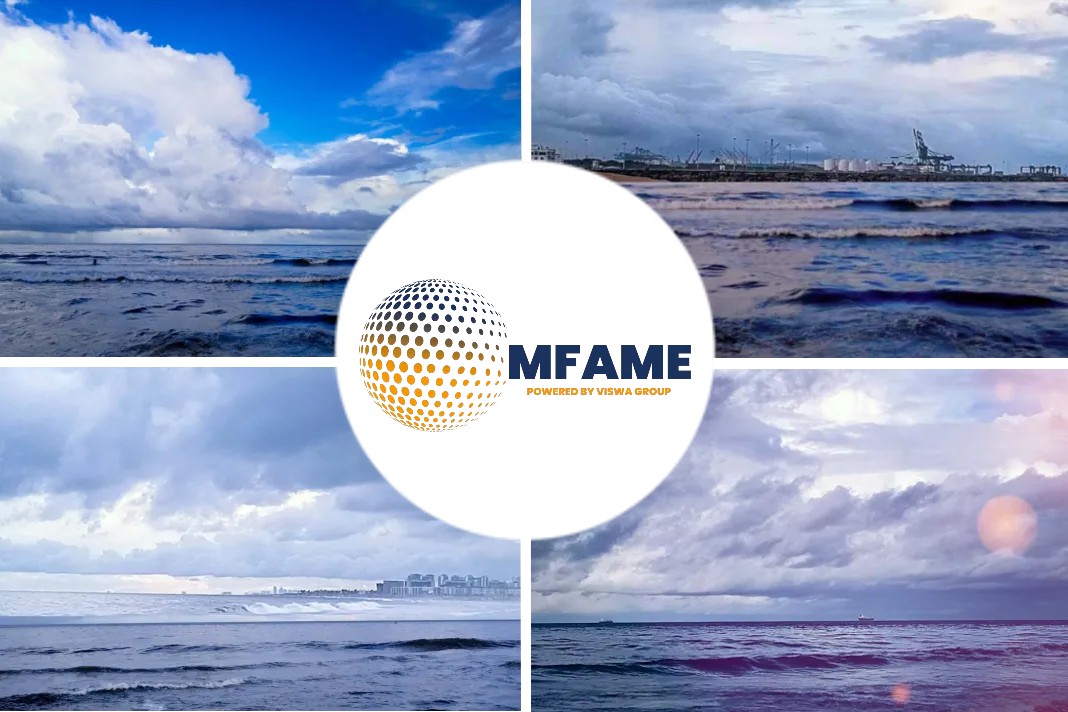- After developing its remarkable COVID-19 vaccine, Pfizer is preparing to roll out an antiviral pill to ease the symptoms of those who contract the virus.
- These countries are home to around 4 billion people — 53% of the world’s population.
- Granting licenses in some countries and not others is financially sensible.
- Without the prospect of adequate shareholder profits, Pfizer (and its German partner BioNTech) wouldn’t have developed the vaccine in the first place.
Pfizer is ready to launch an antiviral pill to relieve the symptoms of those who get the virus, following the development of its extraordinary COVID-19 vaccine. If taken within three to five days of symptom onset, the pill reduces the chance of hospitalisation or death by 89% in “non-hospitalized high-risk adults,” according to Pfizer as reported by Tulsa World.
License granted
While the pill still awaits approval by the U.S. Food and Drug Administration, Pfizer granted a license to the Medicines Patent Pool, a United Nations-backed group.
Under this agreement, Pfizer will share the chemical formula for its pill with generic manufacturers in around 95 mostly lower- and middle-income countries.
These countries are home to around 4 billion people — 53% of the world’s population.
This all sounds admirable, but some have criticized aspects of Pfizer’s accord.
Doctors Without Borders is “disheartened” that Pfizer didn’t extend licenses to all countries.
They noted in particular that Argentina, Brazil, China, Malaysia, and Thailand weren’t included.
Local enterprises
To me, the specifics of Pfizer’s agreement with MPP make good sense.
In some countries, Pfizer is well situated to use its own manufacturing and distribution capacity; in other countries, these responsibilities are best left to local enterprises.
I’ll also bet that Pfizer’s own manufacturing and distribution capacity is stretched thin by the extreme demand for its COVID vaccine.
In most realms, we expect charitable institutions to donate to the disadvantaged and let wealthier people pay their own way.
Argentina, Brazil, China, Malaysia, and Thailand are not as wealthy as America, but neither are they poor.
There are at least two other factors that might underlie the exclusion of some countries.
Cutting-edge manufacturing
First, quality control may not be up to snuff in some places — and Pfizer wouldn’t wish to see bad batches of its product making headlines.
Second, some countries — especially China — are known for rampant violations of other countries’ patent rights.
These particular pills are similar to those that have been used effectively by poorer countries for decades in the fight against HIV.
The mRNA vaccines are an entirely different game.
They require cutting-edge manufacturing technologies, personnel versed in precision processes, world-class quality-control safeguards and adequate deep-freeze capacity to maintain the drugs.
Finally, Pfizer has a powerful motivation to keep its new vaccine technologies close for now.
Did you subscribe to our newsletter?
It’s free! Click here to subscribe!
Source: Tulsa World

















